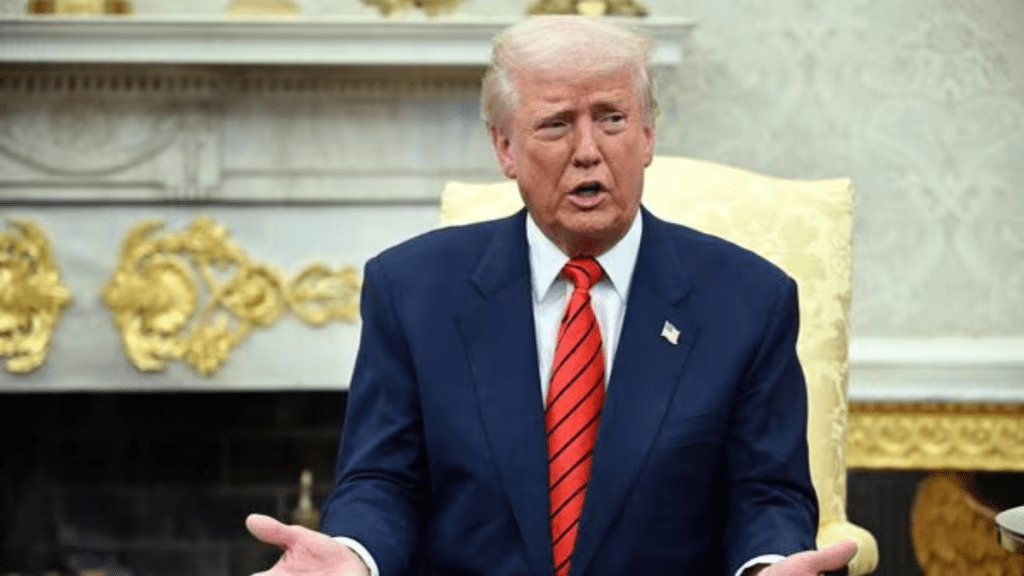US President Donald Trump has released a trove of documents related to the 1963 assassination of former President John F. Kennedy, fulfilling a campaign promise to enhance transparency surrounding the historic event. The National Archives website has begun publishing more than 80,000 files, following an intensive review by Justice Department lawyers.
The newly declassified documents include memos, intelligence reports, and transcripts shedding light on conspiracy theories, Cold War politics, and the extent of government knowledge about assassin Lee Harvey Oswald. Among them is a 1964 Warren Commission interview questioning a CIA employee, Lee Wigren, about inconsistencies in intelligence shared by the State Department and the CIA.
Some files explore theories that Oswald may have returned from the Soviet Union in 1962 with the intent of assassinating Kennedy. However, a 1991 document citing American professor E.B. Smith reports that a KGB official, Slava Nikonov, had reviewed Soviet intelligence files and was “confident that Oswald was at no time an agent controlled by the KGB.”
Other documents detail the U.S. government’s efforts to counter Cuban leader Fidel Castro during the early 1960s. A 1962 file references “Operation Mongoose,” a CIA-led campaign of sabotage and covert operations aimed at removing the Castro regime. Defense Department records suggest that while Castro was unlikely to provoke war with the U.S., he might have intensified support for communist insurgencies in Latin America.
Trump’s push for disclosure prompted an urgent review by the U.S. Justice Department, with FBI agents uncovering thousands of additional documents linked to Kennedy’s assassination. Trump hailed the move as “a new era of maximum transparency,” according to Director of National Intelligence Tulsi Gabbard.
Despite decades of official conclusions attributing Kennedy’s murder to Oswald alone, public skepticism persists. Experts believe the latest releases will not alter fundamental findings that Oswald fired from a Dallas book depository as Kennedy’s motorcade passed through Dealey Plaza.
“People expecting big things are almost certain to be disappointed,” said Larry Sabato, director of the Center for Politics at the University of Virginia, cautioning that many files may simply remove prior redactions.
Trump has also vowed to release documents concerning the 1968 assassinations of civil rights leader Martin Luther King Jr. and Senator Robert F. Kennedy, though a timeline for those disclosures remains unclear.
Robert F. Kennedy Jr., now Trump’s Secretary of Health and Human Services, has publicly speculated that the CIA played a role in his uncle’s assassination—an allegation the agency has denied. He has also questioned official reports on his father’s assassination, suggesting multiple gunmen were involved.
A lingering question in the newly released JFK files is whether the CIA had deeper knowledge of Oswald than previously disclosed, particularly regarding his visit to the Soviet embassy in Mexico City just weeks before the assassination.
“People have been waiting for decades for this,” Trump said. “It’s going to be very interesting.”

